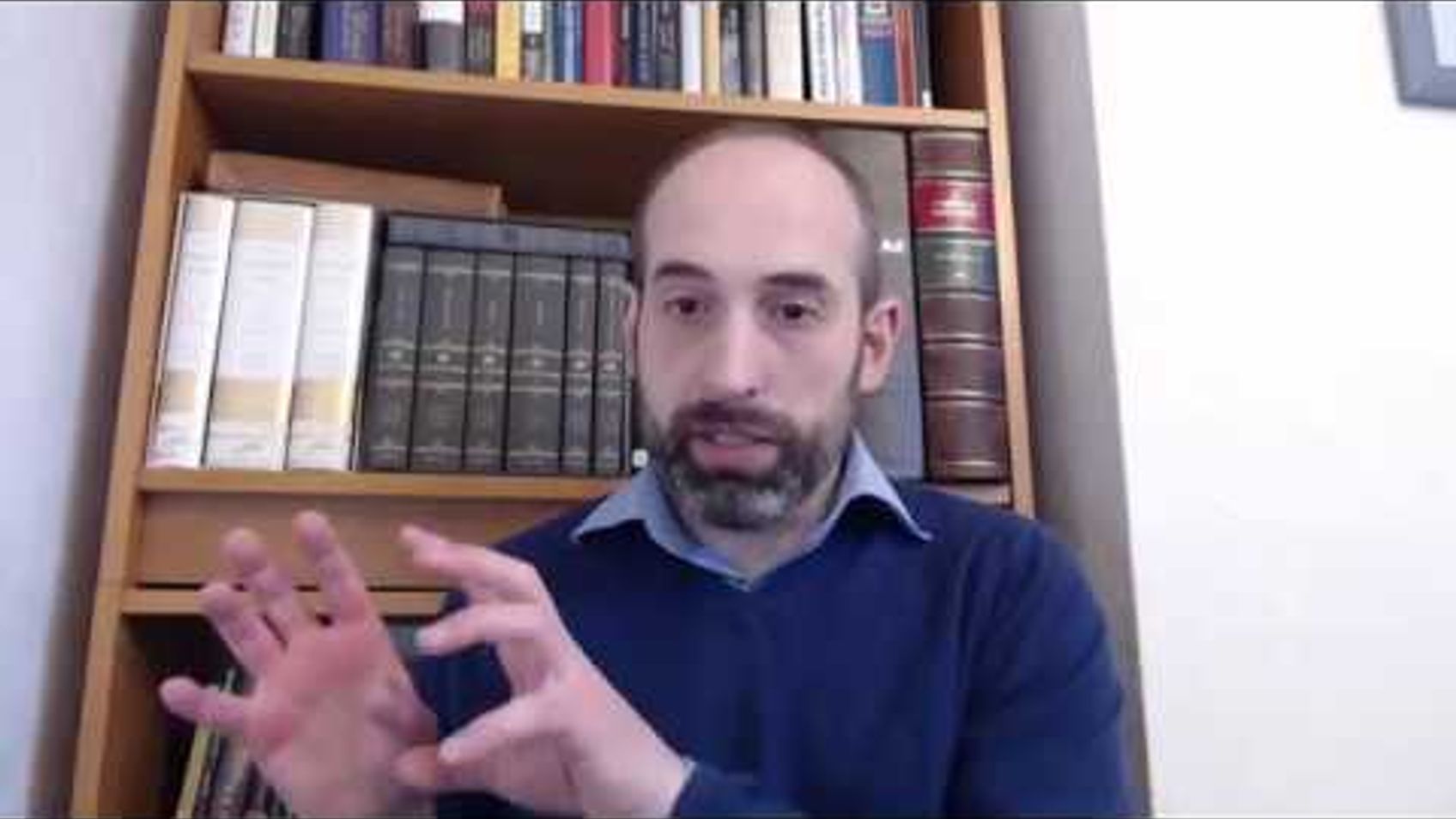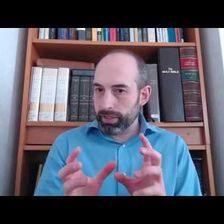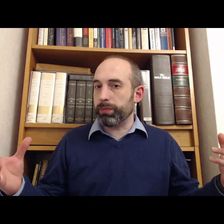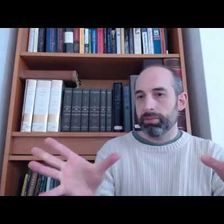
Q&A#104 How Do We Apply Pauline Teaching Given to Jews as Twenty First Century Gentiles?
Alastair RobertsQ&A#104 How Do We Apply Pauline Teaching Given to Jews as Twenty First Century Gentiles?

Today's question:
"How should Gentile Christians situate themselves when listening to the New Testament's many sections which were originally directed towards Jewish Christians, but seem now in many ways to apply to Gentiles who have been raised in the the faith?
For example, large sections of Romans are clearly directed at Jewish believers (e.g. Romans 2:17-29), with the basic thrust here and elsewhere being the dangers for those who use the law to justify themselves whilst condemning others.
However, with most churches across the world now being predominantly or wholly Gentile, there will be few, if any, converted Jews in the congregation to create this tension. These passages, then, are usually reapplied as a warning to mature Gentile believers not to look down on others.
The logic of this "re-application" is obvious, as mature Gentile believers, standing atop centuries of Christendom, do find the religious Jews addressed by Paul easier to relate to than the recently converted, formerly idolatrous Gentiles he addresses elsewhere - and yet to identify with them seems to do a violence to both the text, and the categories of Jew and Gentile which God has created. Even though the dividing wall has been torn down in Christ, both categories still exist and matter in some sense. As a Gentile Christian, though my felt experience may be as an "older brother", the reality and categories of salvation history inescapably categorise me as a "younger brother".
However, if one preached and taught these sections with exclusive reference to Jewish Christians in congregations where you will never actually have any Jewish Christians, I imagine the result would be a lot of sermons directed at people who aren't there!
How then should we Gentiles situate ourselves when applying these texts?"
I mention John Barclay's 'Paul & the Gift': https://amzn.to/2EcE6oz.
My blog for my podcasts and videos is found here: https://adversariapodcast.com/.
If you have any questions, you can leave them on my Curious Cat account: https://curiouscat.me/zugzwanged.
If you have enjoyed these talks, please tell your friends and consider supporting me on Patreon: https://www.patreon.com/zugzwanged. You can also support me using my PayPal account: https://bit.ly/2RLaUcB.
The audio of all of my videos is available on my Soundcloud account: https://soundcloud.com/alastairadversaria. You can also listen to the audio of these episodes on iTunes: https://itunes.apple.com/gb/podcast/alastairs-adversaria/id1416351035?mt=2.
More From Alastair Roberts






More on OpenTheo














